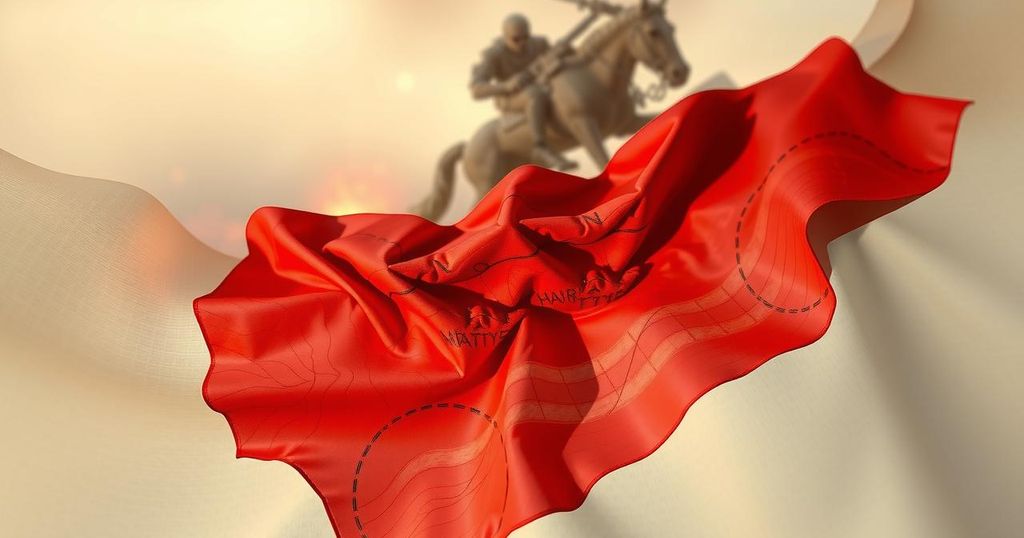Understanding the Houthis: From Militants to Rogue State in Yemen’s Conflict
Recent missile launches from the Houthis in Yemen towards Israel highlight the group’s significant role in the region as a governing body rather than solely as militants. Their actions are linked to a broader Iranian strategy, underscoring the urgency for Israel and the international community to recognize and respond to the Houthis as a rogue state jeopardizing stability and international trade.
Recent missile attacks from Yemen have targeted Israel, causing injuries among civilians and raising significant concerns about security and international stability. Notably, the Houthis, who have controlled the Yemeni capital of Sanaa for over a decade, are not merely a militant group but function as a governing body, enacting laws and commanding armed forces in Yemen. Their alignment with Iran and antisemitic ideology underpins their hostility towards Israel, complicating the military and diplomatic landscape for Israel and its allies. Moreover, the existence of another Yemeni government in the southern region complicates the geopolitical scenario further. While the Houthis represent a rogue state jeopardizing regional security and international trade, there is a need for a nuanced approach to address their aggressions through established international frameworks rather than solely as a terrorist organization. This perspective may influence responses to Houthi actions and shift the dynamics of conflict resolution in the region.
The ongoing conflict in Yemen, deeply rooted in political and sectarian divisions, has led to the rise of the Houthis, a militant group that claims authority over the Yemeni state. This group, supported by Iran, has been involved in various military confrontations with Israel. Recent missile attacks have sparked increased tension, drawing attention to the complex layers of governance and rebellion present in Yemen, as well as the Houthis’ self-identification as a state actor. Understanding this context is crucial for deciphering the Houthis’ role and implications in regional geopolitics.
In conclusion, recognizing the Houthis as a governing entity rather than merely a terrorist organization provides a fresh perspective on addressing the escalating conflict involving Israel and Yemen. This shift in perception could facilitate engagement through appropriate international legal channels, enabling a more effective response to the challenges posed by the Houthis. The complexities of Yemen’s political landscape necessitate careful consideration in responding to threats emanating from the region, highlighting the urgent need for a reevaluated discourse that encapsulates the Houthis’ status as a rogue state.
Original Source: www.jpost.com




Post Comment